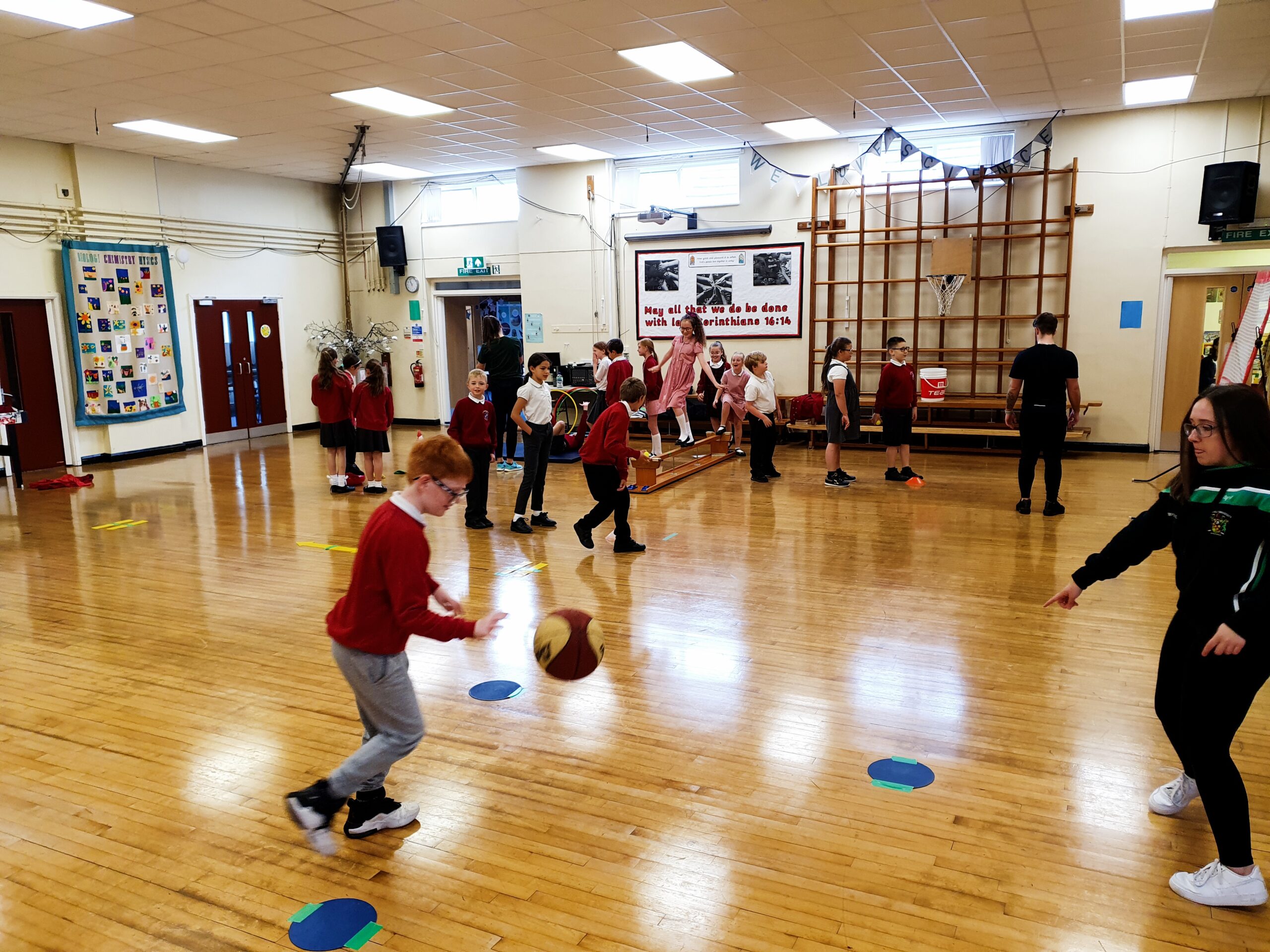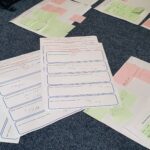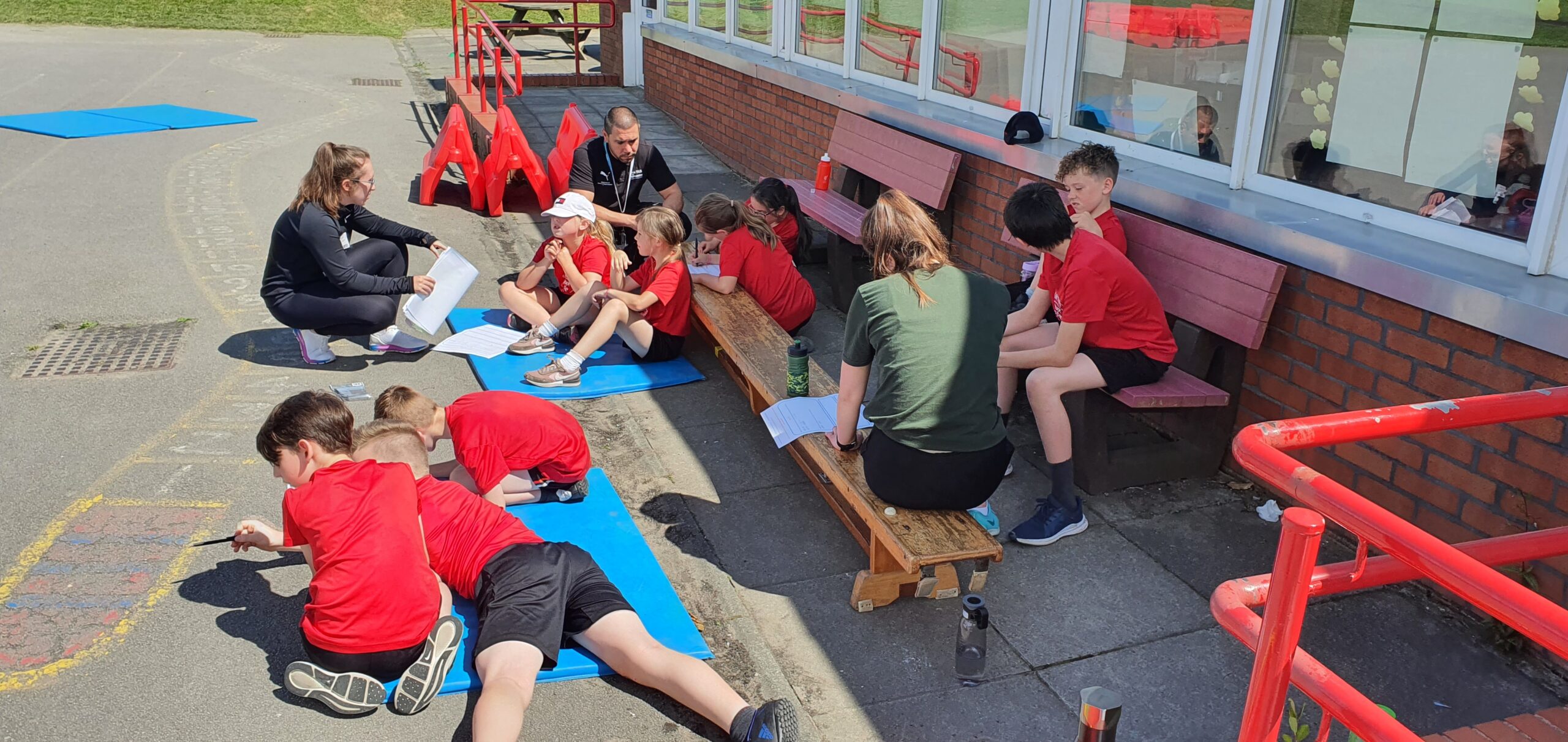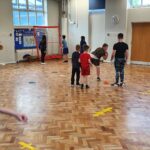
Move Well, Feel Good is a new intervention co-production project that is funded by the Waterloo Foundation. The project is led by me at Edge Hill University with support from Dr Richard Tyler, Lauren Clifford, and Prof Zoe Knowles, Prof Lynne Boddy, Dr Lawrence Foweather, and Dr Emma Ashworth at Liverpool John Moores University. A short summary of what the project is about follows.
Children’s motor skill ability is linked to mental health problems such as anxiety and depression. The COVID-19 lockdown restrictions have negatively affected children’s mental health and reduced their participation in physical activity, which is vital for motor skill development. As school-based programmes are promising ways to tackle declines in motor skills and mental health, in Move Well, Feel Good we will work with children, teachers, school leaders, and physical activity specialists to develop a primary school intervention to improve children’s motor skills and mental health. We will use different research methods to see how feasible and acceptable the intervention and our research approaches are. We will also measure the children’s motor skills and mental health to see whether these change during the intervention, and how they relate to other factors like physical activity, and support from others. We will share our findings with children, teachers, physical activity providers, public health officials, and the academic community.
We started the co-production stakeholder workshops in the spring of 2022. These involved children, teachers, school leaders, and physical activity deliverers from West Lancashire Sport Partnership. These stakeholders worked in single and multiple stakeholder groups through a 6-stage process facilitated by the researchers. These stages align to the Double Diamond Design Approach (DDDA) by employing divergent and convergent thinking processes as stakeholders discover, define, develop, and deliver a solution to the ‘problems’ of how best to improve children’s motor competence and mental health, and how best to facilitate real-world implementation in school contexts. The intention was that the DDDA would enable stakeholder groups to reach consensus on the components and content of a school-based motor competence and mental health intervention, underpinned by psycho-social concepts as key elements of the underpinning theoretical model – the Elaborated Environment Stress Hypothesis. To engage the children in the process without them feeling inhibited in expressing their thoughts in the presence of the adults that regularly teach them, they operated in single stakeholder groups, after which their discussion points were shared with the adult stakeholders to inform their discussions and intervention idea-generation. The final co-production workshop in early July 2022 led to the generation of three intervention ‘ideas’. The stakeholders subsequently voted on these and one was selected for implementation in the phase 2 feasibility and acceptability evaluation starting in September 2022.
The feasibility intervention phase was completed in December 2022 and we are currently analysing the data and preparing for dissemination. I will post further updates as we progress things.










